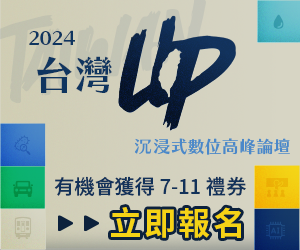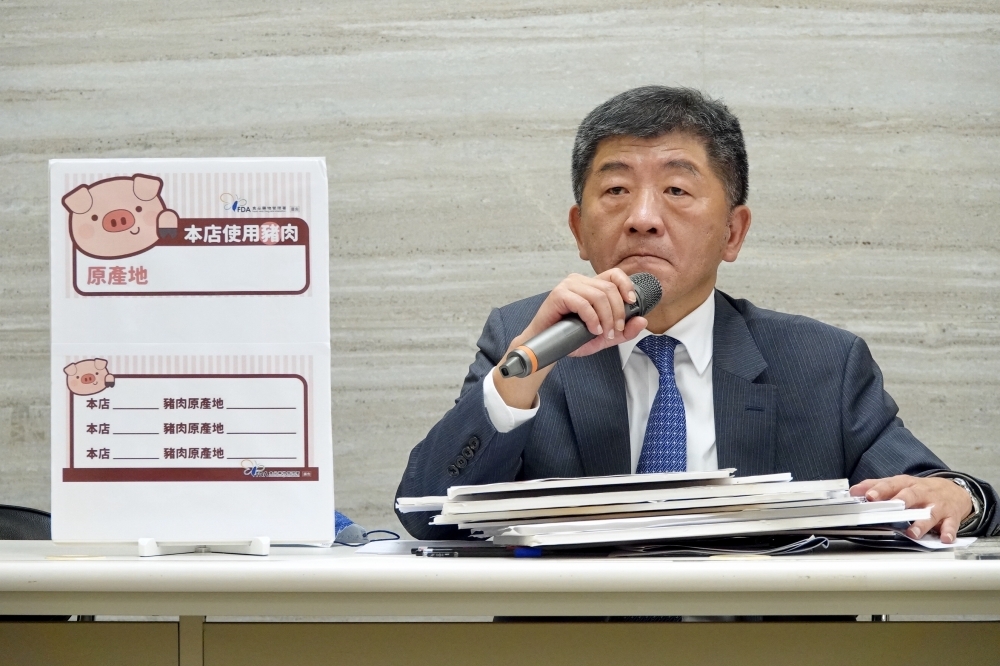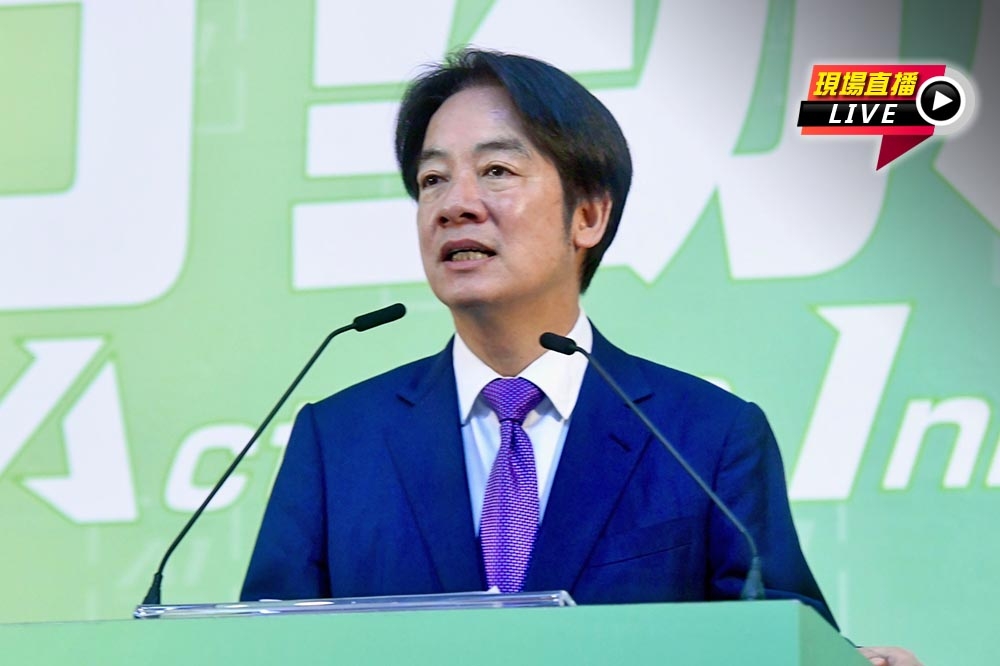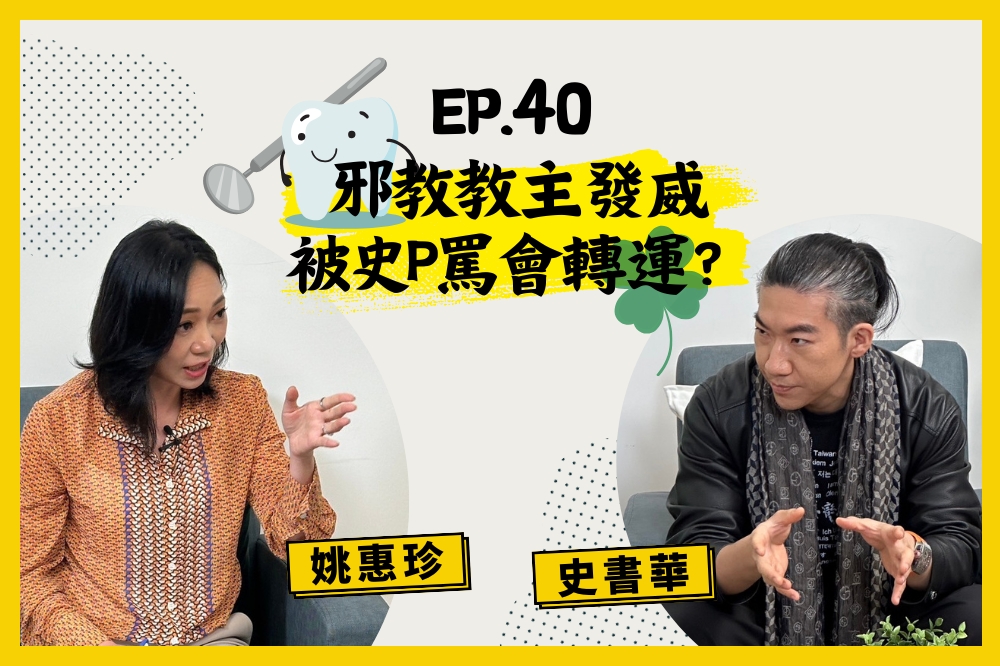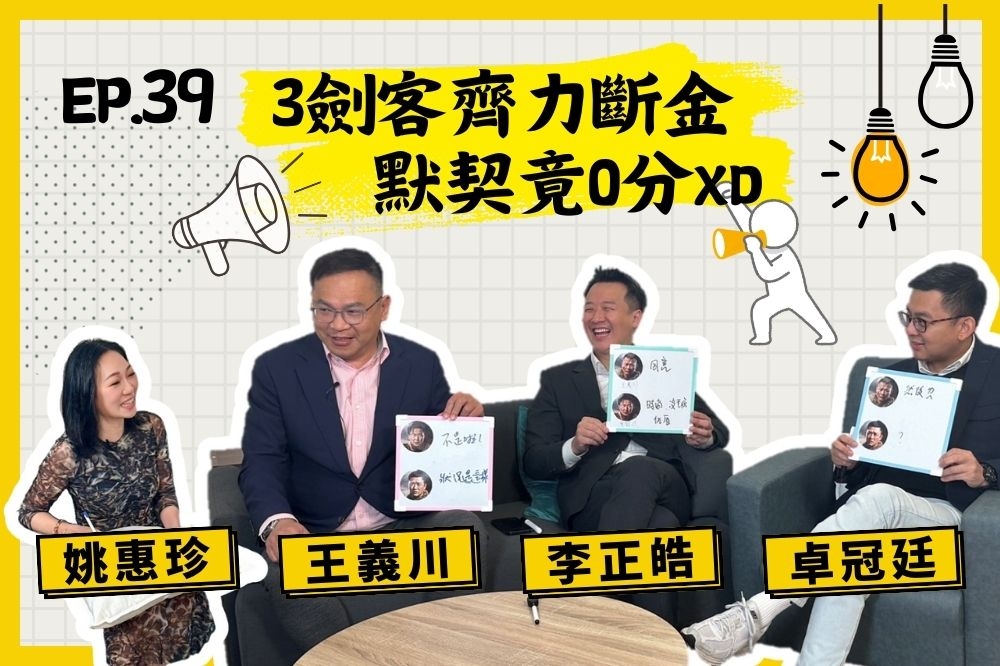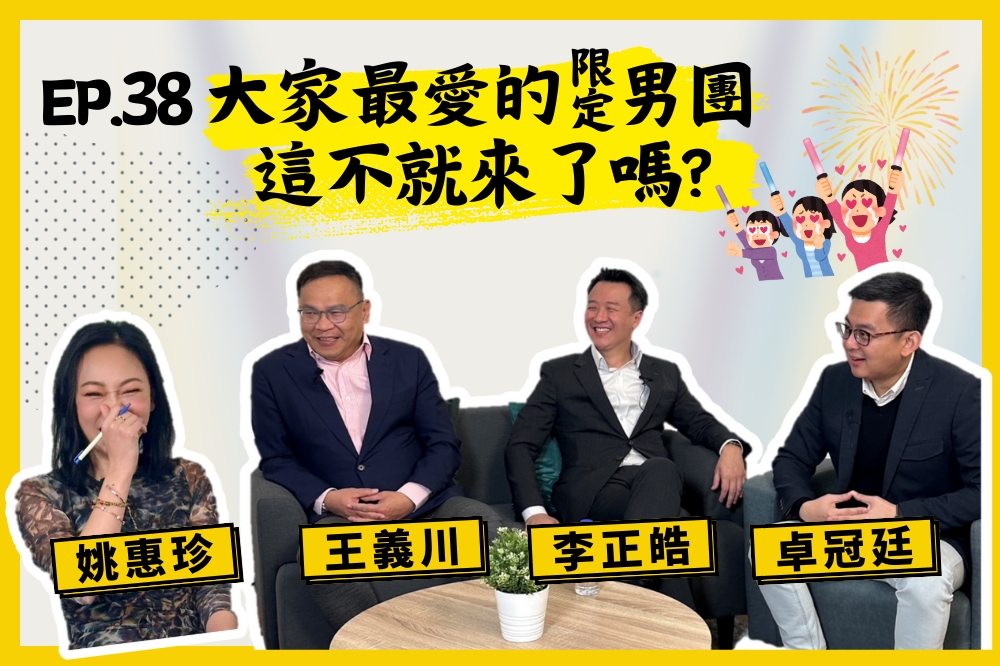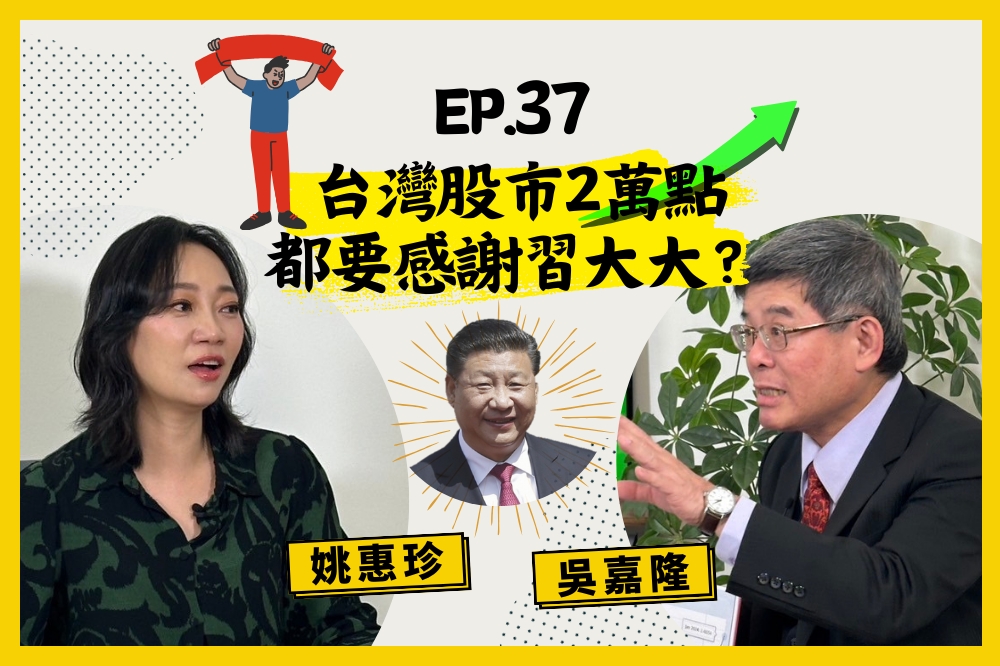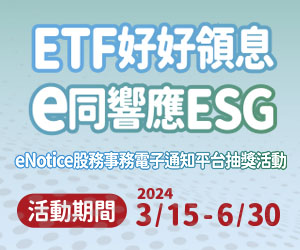上報 Up Media
toggle- 最新消息 Toyz販毒關定了 秀30張公益感謝狀打「悔過牌」仍遭判4年2月 2024-04-27 12:54
- 最新消息 檢測報告造假逾30年! 日本老牌藥品「正露丸」遭勒令暫時停產 2024-04-27 12:46
- 最新消息 七寶媽三度道歉止不住火 13家廠商切割、關閉粉專遭諷「又去避風頭」 2024-04-27 12:18
- 最新消息 《春色寄情人》李現擔任遺體修復師原因太揪心 他「隱忍式哭戲」封神全網讚嘆 2024-04-27 12:18
- 最新消息 發現二戰時期未爆彈 德甲美茵茲隊主場暫時關閉 2024-04-27 12:04
- 最新消息 金智媛《淚之女王》演活傲嬌千金「洪海仁」爆紅 她取代IU、朴恩斌奪女主內幕曝光 2024-04-27 12:00
- 最新消息 離譜!高鐵列車長酒駕值勤 檢舉人:已非首次規避酒測 2024-04-27 11:43
- 最新消息 結束3天訪中行程後 布林肯稱「已發現中國試圖操弄美國大選證據」 2024-04-27 11:10
- 最新消息 台灣地震頻率「衝破天際線」 氣象署估餘震持續3至6個月 2024-04-27 11:10
- 最新消息 7-11 思樂冰、咖啡買一送一!金色三麥「蜂蜜泡泡風味思樂冰」新口味登場 加碼推 4 款聯名鮮食 2024-04-27 11:00
【亞太安全對話】蔡英文:應合作建立不受政治威脅的供應鏈
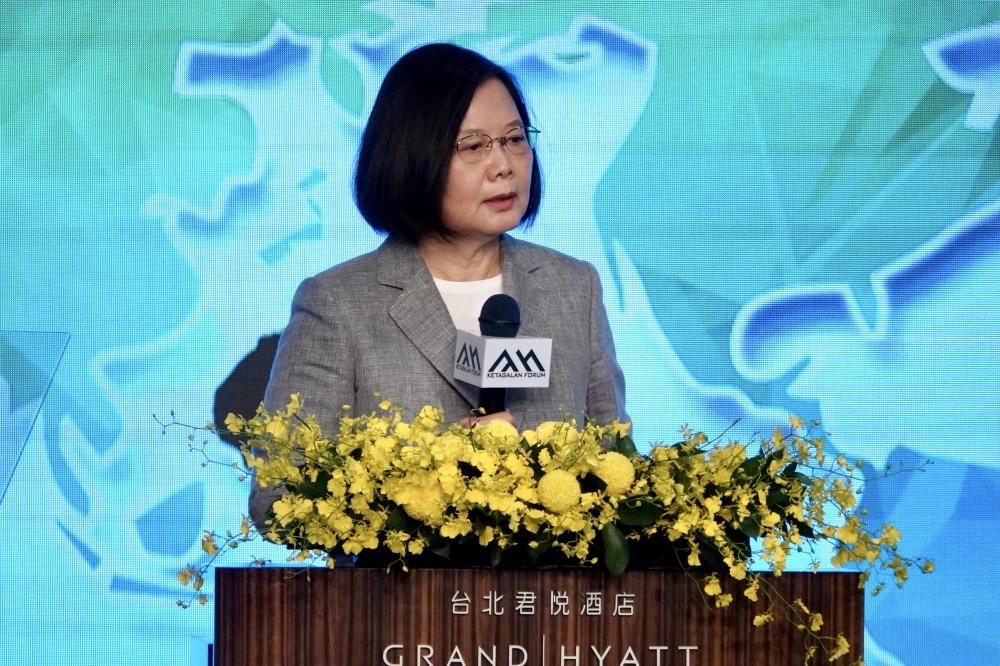
蔡英文8日致詞時強調,缺乏經濟整合的區域將只會尋求短期利益,理念相近民主國家應合作建立不受政治威脅影響的供應鏈,以此打造後疫情時代的繁榮光景。(王侑聖攝)
蔡英文8日致詞時強調,缺乏經濟整合的區域將只會尋求短期利益,理念相近民主國家應合作建立不受政治威脅影響的供應鏈,以此打造後疫情時代的繁榮光景。
我國外交部與國防安全研究院8日至9日舉行「凱達格蘭論壇-2020亞太安全對話」,以線上「半視訊」形式進行。前白宮國家安全顧問麥馬斯特(H.R. McMaster)與前副總統陳建仁分別在第一天和第二天發表專題演講,主持人則分別為國防院執行長林成蔚及外交部政務次長田中光。
蔡英文總統在開幕致詞表示,自1月疫情發生以來,政府採取超前部署,確保台灣在不犧牲自由、民主等原則的情況下,成為全球最安全地方之一。
蔡英文說,政府、企業界、公民社會的共同努力下,台灣不僅援贈歐洲、亞洲、美洲等許多國家共計超過5000萬枚口罩,也在疫苗與快篩試劑研發、專業知識交流等方面與各國合作。
國防方面,蔡總統強調,因應各項新的軍事挑戰、強化自我防衛能力,採取措施包括加速發展不對稱作戰能力、改革後備戰力、確保國軍裝備符合需求、強化國防工業自主等,並讓民眾對台灣的自我防衛能力有信心。
在重整全球供應鏈方面,蔡英文指出,例如美國在台協會近日舉辦論壇,有美國、歐盟成員國、日本等國代表參加,並同意理念相近民主國家應合作,建立不受政治威脅影響的供應鏈、強化韌性。
蔡英文相信,經濟和安全密不可分,價值相近國家必須整合供應鏈及其他安全行動,缺乏經濟整合的區域將只會尋求短期利益;疫情結束後,我們努力維持的開放、自由和繁榮的印太區域將持續做為未來的力量,打造後疫情時代的繁榮光景。(景氣回升製造業無薪假減幅最大)
以下為致詞全文:
I would like to begin with a very warm welcome to all of today’s participants from around the world.
Through modern technology, and our determination to overcome time differences, we have gathered here today to discuss key issues that affect us all.
I hope that after the pandemic has receded, you all have a chance to visit Taiwan, and experience our vibrant democracy for yourselves.
While science and technology have made today’s event possible, they have their limitations. 2020 will be remembered as the year that mankind was presented with the greatest challenge of the 21st century. That is the Covid-19 pandemic.
As of this week, there are over 27 million confirmed cases worldwide, and about 890 thousand deaths. Countries all over the world are now dealing with the second and third waves of infection, while medical experts are working around the clock to develop a vaccine. The challenge is daunting but no one is yielding. Certainly not us in Taiwan.
Taiwan’s efforts to combat COVID-19 are a good story to tell. Beginning in January this year, my government was proactive, decisive, and transparent in combating the virus.
Taiwan’s success story is a well-told one and I need not repeat it in detail here. But the most important lesson for us all is that, Taiwan was able to become one of the safest places in the world during the pandemic, and we made sure of this while maintaining our democratic principles and freedoms.The effectiveness of our democratic governance in spite of the pandemic was made possible through the joint efforts of individual citizens, the business community, civil society and the government.
One well-known aspect of our response is the rapid expansion of face mask production through extensive public and private collaborations. Taiwan is now the second largest face mask producer in the world, making 20 million masks per day. This achievement has allowed us to donate more than 51 million masks to more than 80 countries. Face masks embossed with "Made in Taiwan" can be seen from the White House to the streets of Europe, Japan and many other places around the world.
Taiwan’s efforts do not stop here. We have research teams working with different partners in the United States and Europe to develop a vaccine. Our top research institute has developed a rapid diagnostic test that can detect the virus in just 15 minutes. We have also held numerous meetings to exchange knowledge and expertise regarding the prevention and control of Covid-19 with friends in the international community."Taiwan Can Help" was the motto for our efforts to support the global community in combatting the pandemic. It is because we truly believe that "helping ourselves enables us to help others;" and that "when we help ourselves, others will help us."
This is also an important belief to maintain, as we all face daunting security challenges in the Indo-Pacific region.Taiwan stands at the forefront of defending democracy from authoritarian aggression. And our commitment to democracy and its values is unwavering.
As the president of Taiwan, I have worked to further accelerate the development of our asymmetrical capabilities to strengthen our national defense. Planning for substantive reforms on our military reserve and mobilization systems is also well underway.
Taiwan bears the ultimate responsibility for our own defense. My government has increased our defense budget in proportion to the military challenges we face. As Commander in Chief, it is my responsibility to ensure that our men and women in uniform have the equipment they need, and for the Taiwanese people to feel confident in our self-defense.
We have also procured necessary equipment from the United States, including new F-16Vs, as well as missiles and other additions to the asymmetric capabilities. I am pleased that over the past four years, we have engaged in a regular process for arms sales, fulfilling our defense priorities.
At the same time, my government has been committed to enhancing our domestic production capabilities. We are engaged in new aircraft and naval vessel production, because we believe that a robust defense posture can be better supported by a more competitive defense industry. As a result, our T-5 Brave Eagle first took flight in June this year, and is one of the most advanced Fifth-Generation Advanced Jet Trainers in the world.
We are giving ourselves the tools to defend our home, our democracy and our region.
But no one country can accomplish the goals of maintaining regional peace, prosperity and security alone. They require far-reaching collaboration. This is where we need others’ help. This is where we can help each other.
The rapid militarization of the South China Sea, increasing and frequent grey-zone tactics in the Taiwan Strait and East China Sea, coercive diplomacy used against countries and corporations, just to name a few, are all destabilizing the Indo-Pacific region.
Furthermore, Hong Kong’s recent past shows us that liberty and freedom can easily be lost, if our efforts to protect them are not coordinated and sustained.It is time for like-minded countries, and democratic friends in the Indo-Pacific region and beyond, to discuss a framework to generate sustained and concerted efforts to maintain a strategic order that deters unilateral aggressive actions. We need a strategic order that encourages cooperation, transparency and problem-solving through dialogue, not threats of war. We need a strategy that avoids war, yet clearly conveys our resolve to protect our democracies.
If the pandemic has taught us anything at all, it is that transparency and good governance prevail and best serve our people.
The challenges we face during this era of Covid-19 go beyond public health and security. The pandemic has also severely disrupted national economies and international trade.One of the most important and painful lessons we have learned is this: the global supply chains and trade mechanisms, we have come to heavily rely on, are highly fragile and are often subject to coercive measures by aggressive actors.
However, the current situation gives us an opportunity to reexamine and reorganize economic and trade cooperation, and most importantly, adapt to restructuring supply chains and re-enforce fair and non-coercive trade rules.
Last week, during the groundbreaking visit by the Czech Republic’s Senate President to Taiwan, the American Institute in Taiwan (AIT) hosted the “Forum on Supply Chain Restructuring: Improving Resilience Amongst Like-Minded Partners”. Participants included representatives from the EU, Japan, the Czech Republic, and Taiwan.
The discussion included the need for restructuring global supply chains to bring them closer to home, or locate them in like-minded economies. Most importantly, these global supply chains should also be secure and free from political coercion.
Taiwan and the United States also issued a joint declaration on 5G security. We agreed that we should all be responsible for evaluating 5G hardware and software suppliers and supply chains to promote secure 5G architecture.
Taiwan and the US will also help raise awareness about risks regarding 5G networks, and work with like-minded partners to develop appropriate standards, guidelines and best practices.
This symbolizes a new chapter in the collaboration between like-minded partners with shared values, and a new future for the rules-based order in the Indo-Pacific, and around the globe.
This alliance will safeguard the values we cherish most: freedom, safety, human rights and democracy.
Let me conclude by saying that time and again, we have confronted great challenges. And yet, we have always been able to weather these storms by believing in our values and working together. Only by doing so can we create a peaceful, prosperous and secure Indo-Pacific region.Security and economic development cannot be separated. A lack of economic integration amongst like-minded countries would only drive us to seek short-term solutions with those who do not share our values and beliefs. Divided we fall. Together, we are more than the sum of our parts.
One day, the current pandemic will recede. But I sincerely believe that the solidarity we develop through our efforts to create a free, open and prosperous region will continue to be a force in the future.
Finally, I would like to thank Chairman Huoh for his invitation, and all the participants who made time to join us. I wish you all the best and a successful forum.
Thank you.
●修補兩岸管道 國民黨派王金平率團出席廈門「海峽論壇」
熱門影音
熱門新聞
- 【吳磊哭哭】趙露思與張藝興現身新疆爆熱戀 3大證據被抓包全網沸騰
- 麥當勞買一送一!10 塊麥克雞塊、薯餅、焦糖奶茶通通有 歡樂送買一送一、深夜食堂享 79 折
- 成毅新劇虐戀李一桐預告曝光400萬人爭睹 他白髮揮舞火劍帥度超越《蓮花樓》
- 大雨狂炸補水!曾文水庫降雨達18毫米 南化水庫7小時進帳逾4萬噸
- 白敬亭、章若楠演《偷偷藏不住》姐妹作 兩人甜摟畫面曝光3敗筆被嘲「情侶變父女」
- 肖戰新劇搭檔《惜花芷》張婧儀3大高甜名場面搶先看 兩人夜會甜蜜相擁CP感爆棚
- 楊紫《長相思》虐戀檀健次、鄧為掀淚海 第二季張晚意冷血復仇埋悲劇結局
- 《春色寄情人》李現、周雨彤CP感爆棚收視狂飆 兩人戲外被喊「在一起」竟都羞紅臉


